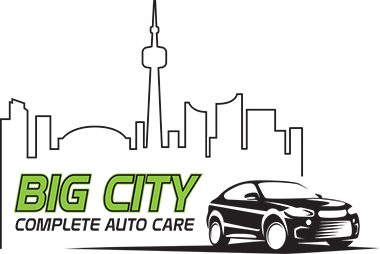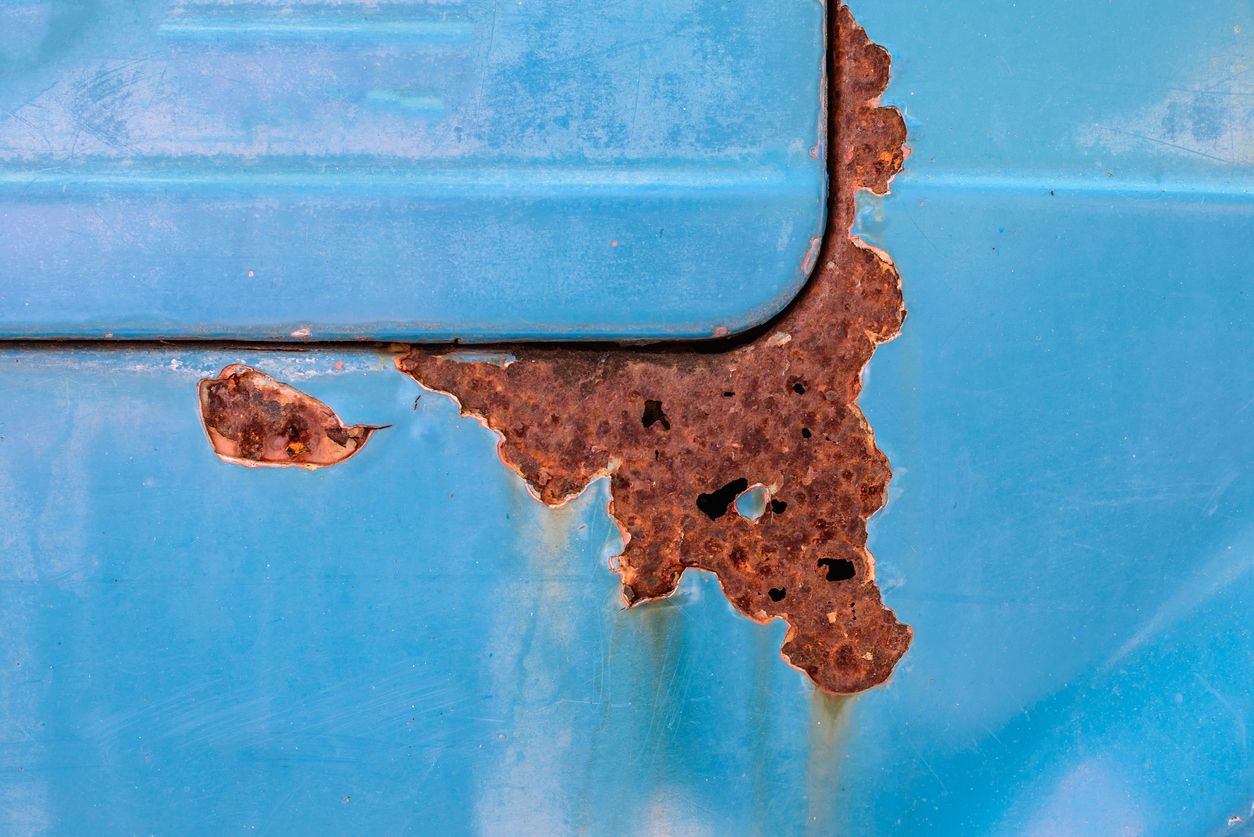Does Rust Compromise Functionality or Just Aesthetics?
Rust is an issue that goes much deeper than a car’s external appearance. Left to spread, it impacts crucial aspects of your vehicle and reduces the overall safety.
What Is Rust?
Rust is the process of oxidation on iron or steel. This process causes the steel to turn a yellowish, orange tinge and begin to break away from the rest of the metal. Over time, if left untreated, rust can eat entirely through a metal surface. If the metallic surface is serving as a protective barrier, areas underneath are exposed.
If your car’s metal develops holes from rust, areas such as your engine compartment or even the trunk bay can be exposed to the elements.
How Will Rust Impact Your Vehicle?
The severity of the rust and where it occurs on your vehicle are large factors in determining to what extent it will damage your vehicle.
Rust can compromise the effectiveness of a car’s suspension and braking systems, eat away at the metal parts of your engine and cause metal mechanisms to stick and not move as they were intended to. This translates into real issues when you are on the road and need to brake suddenly but your brakes aren’t working appropriately, or if you allow the structural core of your car to become so rusted that it doesn’t provide adequate protection in a collision. Failing to properly maintain your car not only puts you in danger but makes you more dangerous to others on the road around you.
Ignoring rust will result in you spending more money on repairs, shorten your vehicle’s lifespan and jeopardize its safety. Keeping your vehicle in a sheltered area when it’s not being driven and making sure it is thoroughly washed if it has been exposed to road salt or other corrosive chemicals all help avert the effects of rust. At Big City Auto Care, we’re are equipped to handle all your rust issues and help keep your vehicle in superior shape!

